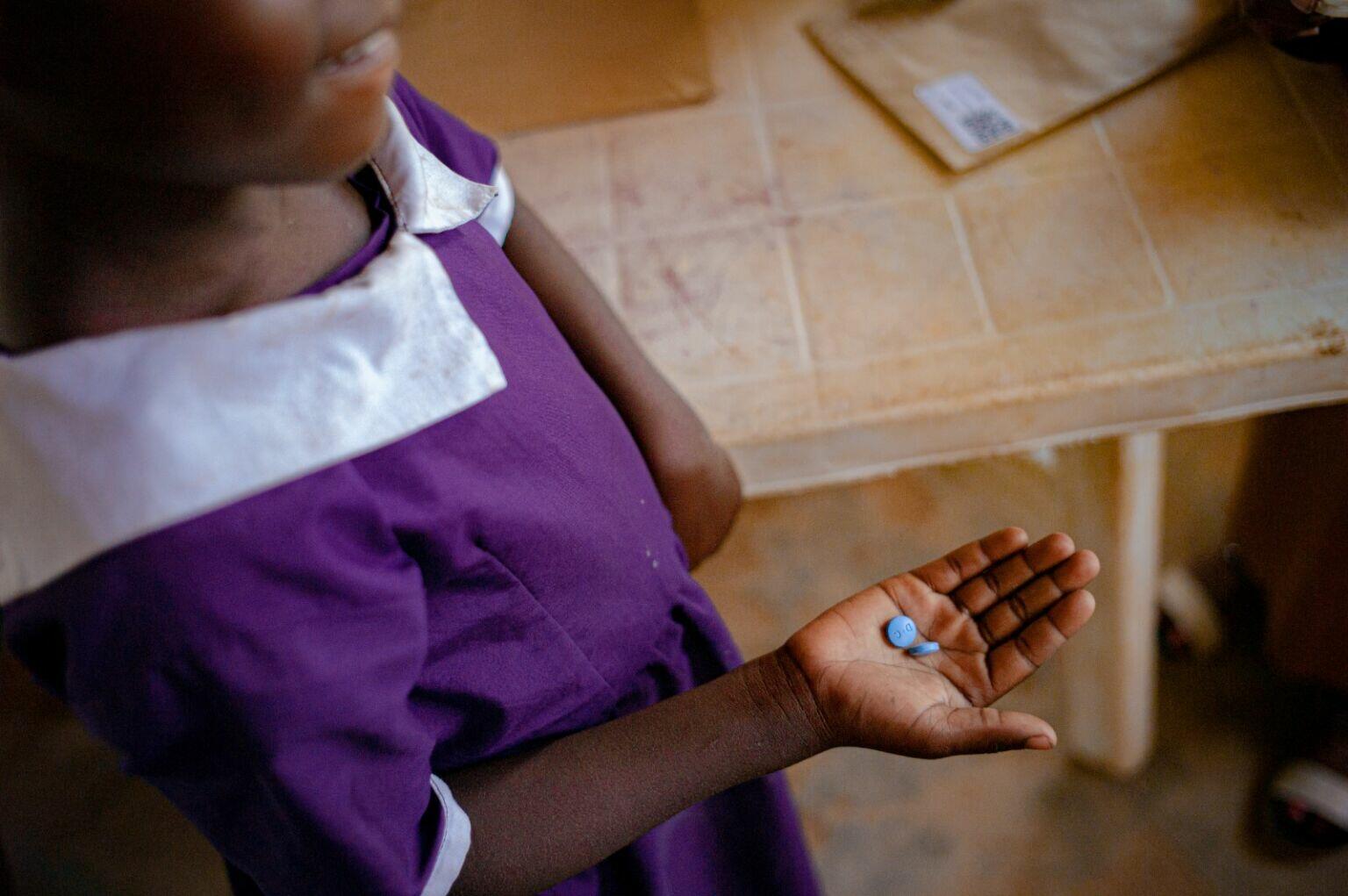
A new network aims to improve malaria prevention among school-aged children in sub-Saharan Africa.
The new partnership, led by Liverpool School of Tropical Medicine and funded by Open Philanthropy, will unite researchers, policymakers, healthcare practitioners and other stakeholders across multiple countries to better understand and address the burden of malaria in children.
Malaria is the leading cause of death in primary school-aged children in sub-Saharan Africa, and infection rates peak in this age group. Despite this, there is no routine surveillance data for this group, so the societal and health systems costs are not well understood.
In many countries, surveys have shown more than 50% of ‘asymptomatic’ school children are infected with malaria parasites. These chronic infections are associated with anemia and decreased learning, as well as serving as the main source of community transmission, which undermines malaria elimination efforts.
The new network, including collaborators in health and education across Africa, will identify and help fill knowledge gaps as well as develop guidance and tools to support countries in determining how to address the burden of malaria in school-aged children.
Through coordination across new studies, evidence synthesis, knowledge exchange, and engagement with policy makers, the network aims to improve the understanding of the scale of malaria in school-aged children to improve the quality of evidence generated on individual and community benefits of reducing malaria in school-age children, aid decision-making about resource allocation, and elevate the profile of the impact of malaria control interventions targeting this age group.
Dr Lauren Cohee, Reader in Paediatrics and Child Health at LSTM and lead of the new network, said: “More than 200 million African school-age children are at risk of malaria. In highly endemic areas, school-age children often experience more than one episode of malaria infection or disease each and every year. These infections lead to decreased well-being, missed opportunities for learning, and economic burdens on families and health systems. In the context of shrinking investments in global health research and development assistance, we must also figure out how to do more with less.
"This network is an exciting opportunity to come together as a community to determine where, when, and how to address the burden of malaria in school-age children to support children and communities to achieve their full potential.”
The new initiative follows an initial stakeholder engagement meeting last year, including representatives from eight sub-Saharan African countries and 30 organisations, focused on understanding and addressing malaria in school-aged children.
Attendees noted the need for a network to enhance knowledge exchange and collaboration among the growing community of researchers, policymakers, programme managers, implementing partners, and funders committed to understanding and addressing the burden of malaria in school-aged children.
Click here for a promotional flyer about the network, including a QR code on how to sign-up.